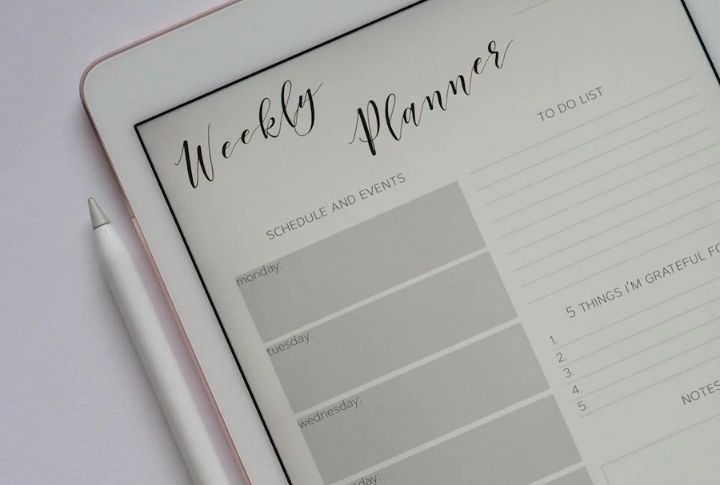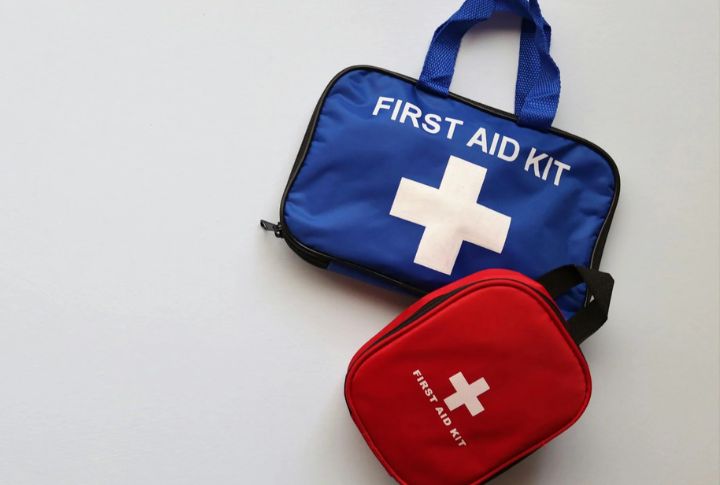
Some teens build IKEA furniture without instructions. Others forget where their shoes are while wearing them. Both are valid. But by 15, a few core life skills should be finding their footing. We’re not talking perfection—we’re talking progress. If your teen is still dodging deodorant or treating time like a vague concept, this list might help you spot what’s missing and where to gently nudge them next.
Managing Basic Finances

Understanding money doesn’t just happen overnight. But by 15, your child should have some sense of where their allowance goes, whether they’re saving it or learning to think twice before spending. And if there’s zero curiosity, it’s time to step in with support.
Recognizing Personal Health Needs

You know your teen better than anyone, which makes it easier to notice when they ignore what their body’s telling them. Over time, though, missing those signals could point to a lack of self-awareness. By guiding them to notice how their choices affect their body, you could help them build better emotional insight.
Contributing To Household Chores

At 15, kids are still learning what it means to contribute at home. If chores are always a struggle, it could be a sign that they haven’t fully stepped into that role yet. However, with patience and consistency, this is a skill they can gradually grow into.
Having Adult-Level Conversations

Teens should begin navigating tough conversations without shutting down or lashing out by 15. That includes listening when someone’s upset, staying present during conflict, and expressing their thoughts respectfully. These skills don’t develop overnight, but they grow with practice—and with adults who model calm, consistent communication, even during tension.
Taking Responsibility For Personal Mistakes

Every teen messes up—it’s part of growing. But learning to admit it without slamming doors or blaming the cat? That’s next-level maturity. When parents stay calm and consistent, it teaches teens that accountability isn’t scary—it’s just part of being real.
Balancing Screen And Gaming Habits

Unrestricted digital habits can weaken self-control before adulthood. If your teen grows upset over limits, the issue probably began long before the rule itself. That’s why setting boundaries early with a clear routine can make expectations feel like part of everyday life rather than a sudden crackdown.
Consistent Self-Care Habits

Most teens manage hygiene on their own and don’t make a big deal of it. When brushing their hair or putting on clean clothes becomes a constant battle, though, it raises a red flag. And sometimes, that surface-level resistance suggests that they’re struggling with more than routine.
Effective Time Management

This is a key age for learning how to shape their day rather than react to it. When teens begin organizing their schedule, they start noticing how time affects their choices, energy, and progress. These patterns also give them a stronger sense of control.
Basic First Aid Knowledge

Basic first aid isn’t just about patching up cuts—it’s about staying calm when things go sideways. If your teen panics at the sight of a paper cut or has no clue what to do when someone twists an ankle, it might be time for a crash course.
Showing Initiative Toward Growth

Around 15, many kids start testing out responsibilities like driving or part-time jobs. Some, however, show little interest. When reminders feel pointless and deadlines fall flat, it often means they’re not connecting action with purpose. Don’t ignore it, and begin by offering everyday situations that let them feel the consequences for themselves.

